Can You Get Herpes from Kissing? Understanding the Risks and Precautions
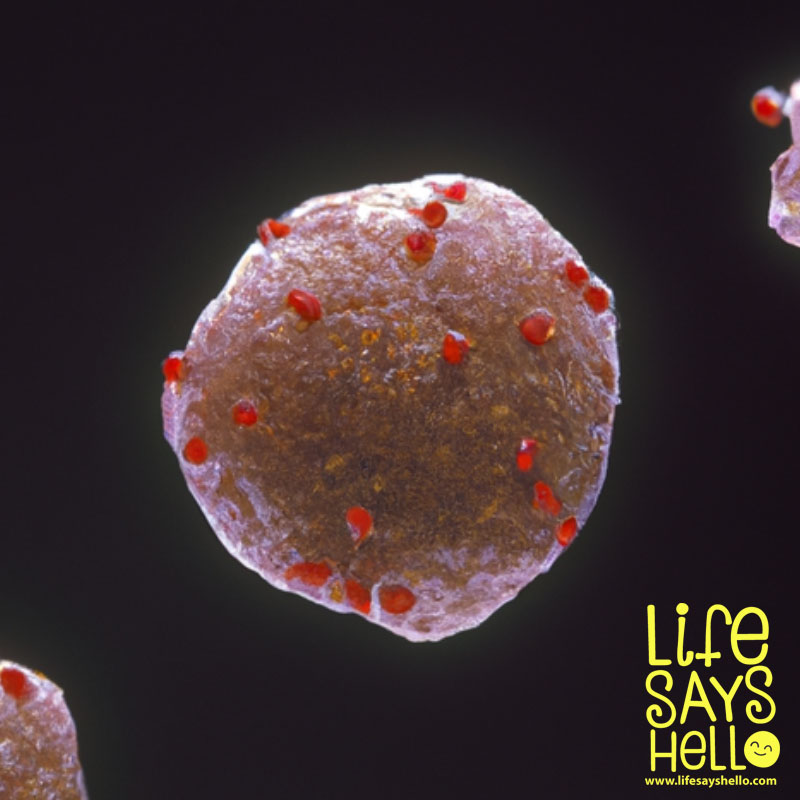
Have you ever wondered if you can get herpes from kissing? Herpes is one of the most common sexually transmitted infections (STIs) in the world, and it is no wonder that people are curious about its modes of transmission. After all, herpes can cause painful blisters and sores on the mouth, genitals, or other parts of the body, and it can affect your physical and emotional health.
In this article, we will explore the topic of herpes transmission through kissing. We will explain what herpes is, how it is spread, and the different types of herpes viruses that can cause infections. We will also discuss the factors that determine the likelihood of herpes transmission through kissing, and the precautions you can take to reduce your risk of contracting the virus.
What is Herpes and How is it Transmitted?
Herpes is a viral infection that is caused by the herpes simplex virus (HSV). There are two types of herpes viruses that can cause infections in humans: herpes simplex virus type 1 (HSV-1) and herpes simplex virus type 2 (HSV-2). HSV-1 is primarily responsible for oral outbreaks of herpes, while HSV-2 is mainly responsible for genital outbreaks.
Herpes is highly contagious and can be transmitted through several modes of contact, including:
- Skin-to-skin contact: Herpes can be transmitted through direct skin-to-skin contact with an infected person, even if there are no visible symptoms.
- Sexual contact: Herpes can be spread through vaginal, anal, or oral sex with an infected person. It can cause genital herpes and herpes in the mouth and throat.
- Sharing objects: Herpes can be spread through sharing personal items, such as towels, razors, or drinking glasses, that come into contact with an infected person’s mouth or genitals.
Understanding Oral Herpes (HSV-1) and Genital Herpes (HSV-2)
Oral herpes, also known as cold sores or fever blisters, is a common infection caused by HSV-1. It can cause painful blisters and sores on the lips, mouth, and gums. Oral herpes is highly contagious and can be transmitted through kissing, sharing utensils, or touching the sores.
Genital herpes, on the other hand, is a sexually transmitted infection caused by the herpes simplex virus type 2 (HSV-2). It causes similar symptoms to oral herpes, such as painful blisters and sores, but on the genital area, thighs, and buttocks. Genital herpes can be spread through sexual contact, including vaginal, anal, and oral sex.
Can You Get Herpes from Kissing? The Surprising Answer
The answer to the question “can you get herpes from kissing?” is not straightforward. While kissing can, in theory, transmit the herpes virus from one person to another, the chances of transmission are relatively low, especially if there are no visible symptoms.
According to the Centers for Disease Control and Prevention (CDC), the herpes virus can be shed asymptomatically, which means that someone can spread the virus even if they don’t have active symptoms. However, the risk of transmission is highest during outbreaks, when the virus is most active and contagious.
If the person you are kissing has an active cold sore or blister on their lips or mouth, you are at a higher risk of contracting the herpes virus. The same is true if you have an active cold sore or blister on your own lips or mouth. Kissing can also transmit the virus if there is viral shedding from the mouth or throat, even in the absence of visible symptoms.
Factors that Determine the Likelihood of Herpes Transmission through Kissing
Several factors can determine the likelihood of contracting the herpes virus through kissing, including:
- The presence of an active outbreak: As mentioned earlier, the herpes virus is most contagious during outbreaks, when there are visible symptoms such as blisters or sores. If you or your partner have an active outbreak, avoid kissing and other forms of intimate contact until the symptoms have cleared up.
- The stage of infection: In general, the risk of transmission is higher during the early stages of infection, when the immune system may not have developed an adequate response to the virus. After the initial outbreak, the body’s immune system builds up antibodies that can fight off the virus, reducing the likelihood of future outbreaks.
- Viral load: The amount of virus in your bloodstream can affect how easily the virus is transmitted. Someone with a high viral load is more likely to transmit the virus than someone with a low viral load.
- Oral sex: Kissing is not the only way to transmit herpes in the mouth and throat. Oral sex with an infected partner can also transmit the virus and increase your chances of getting herpes in the mouth or throat.
How to Reduce Your Risk of Getting Herpes from Kissing
If you are concerned about contracting herpes from kissing, there are several precautions you can take to reduce your risk:
- Avoid kissing during active outbreaks: If you or your partner have a cold sore or blister, avoid kissing and other forms of intimate contact until the symptoms have cleared up.
- Practice good hygiene: Wash your hands regularly and avoid touching your face or mouth, especially if you have been in contact with someone who has herpes.
- Avoid sharing personal items: Do not share utensils, razors, or other personal items with someone who has herpes, as the virus can be spread through these items.
- Use protection: If you are engaging in sexual activity, use condoms or dental dams to reduce the risk of transmitting herpes and other STIs.
- Get tested: If you are sexually active, get tested regularly for herpes and other STIs, even if you do not have symptoms. Early detection can help prevent the spread of the virus to others.
The Importance of Open Communication and Safe Sex Practices
It is crucial to have open communication with your partner(s) about your sexual health and any history of herpes or other STIs. By talking openly and honestly, you can make informed decisions about your sexual health and take steps to reduce your risk of contracting herpes and other STIs.
Remember that even if you do contract herpes, it is a manageable condition with proper treatment and management. With the right precautions and safe sex practices, you can protect yourself and your partner(s) from the spread of herpes and other STIs.
In conclusion, while it is possible to get herpes from kissing, the likelihood of transmission is relatively low, especially if there are no visible symptoms. By understanding the risks and taking appropriate precautions, you can minimize your risk and enjoy intimate relationships with peace of mind.
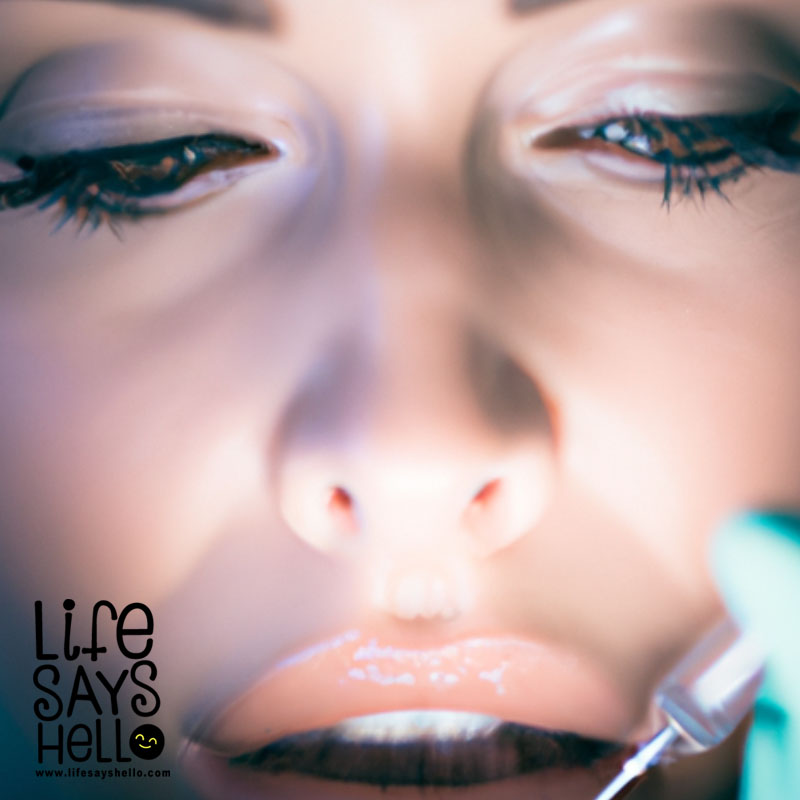
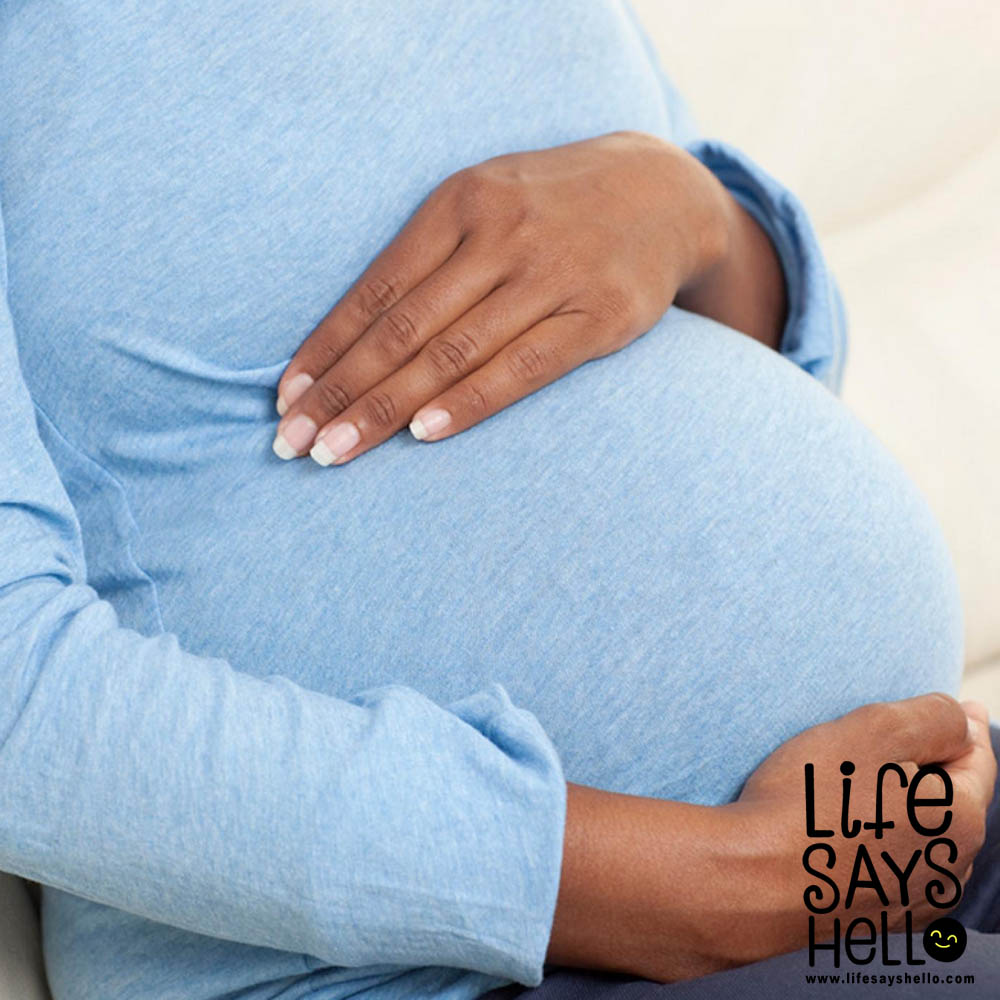
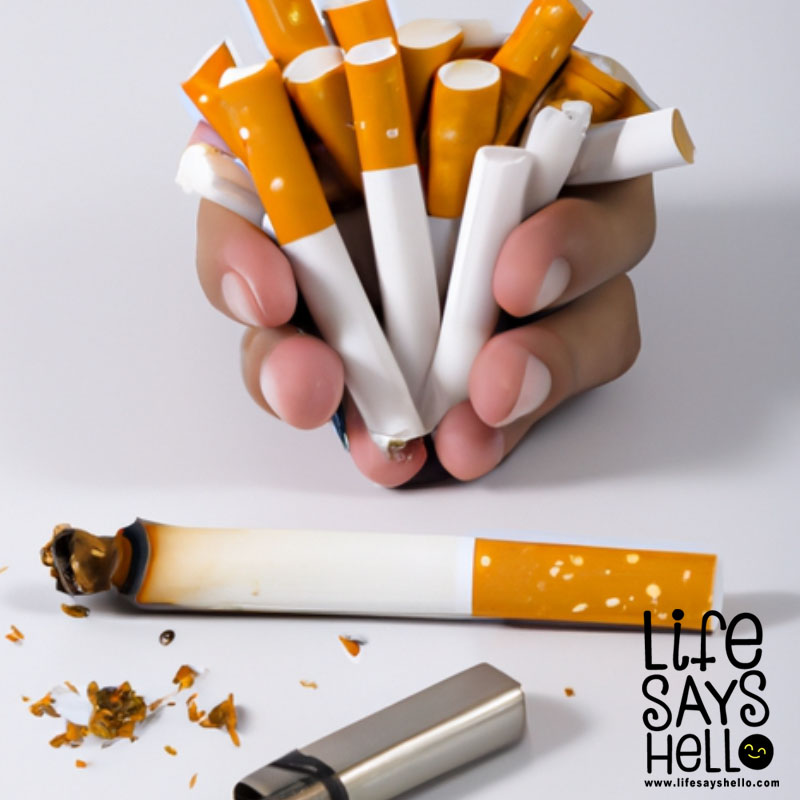
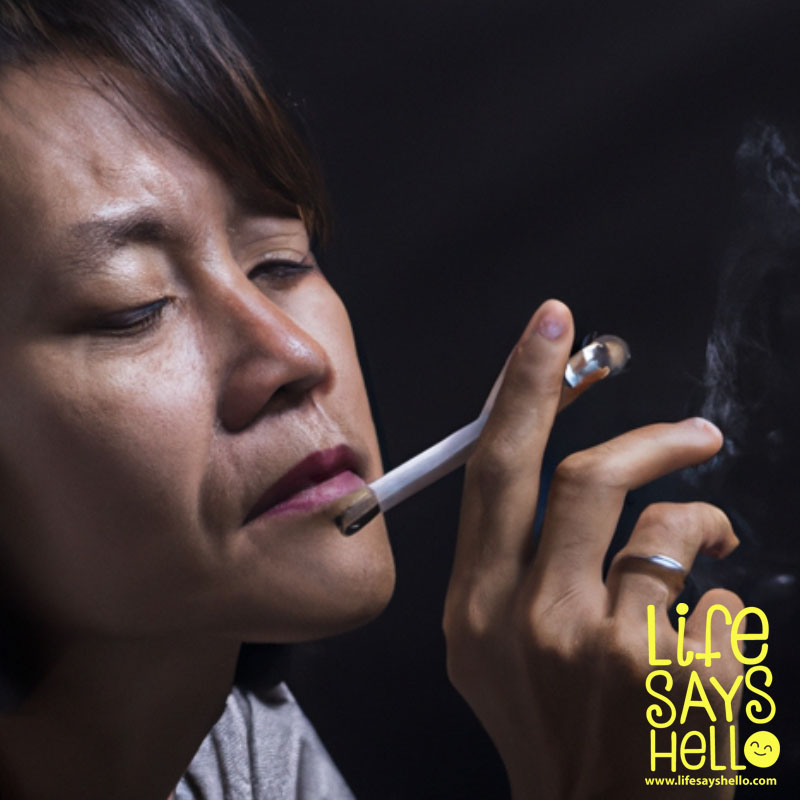
Comments